|
|
Blog Roll Continued: Previous <
7 > Next
<Home> < 8 > <
7 > < 6 > <
5
>
< 4 >
< 3 > <
2 > <
1 >
|
|
|
|
|
|
|
Conflict, Mediation and a Culture of Empathy
Ike Lasater |
|
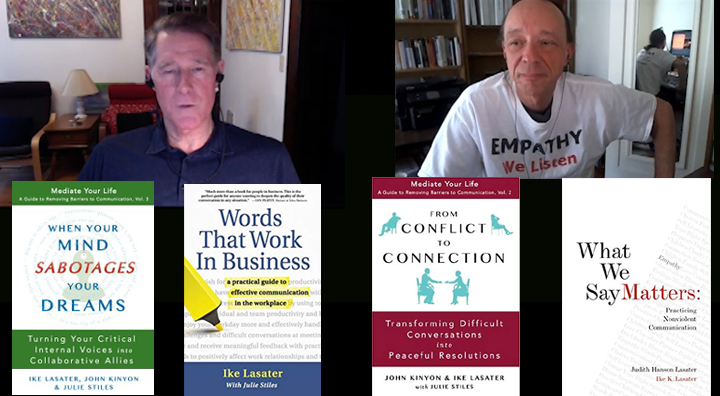
|
|
Ike Lasater is the co-founder of Mediate Your Life, a training company
that helps people build better lives by changing how they respond to
conflict. With extensive training in Nonviolent Communication, Ike
teaches and coaches individuals and organizations in communication and
conflict resolution skills and has trained thousands of people in the
US, Europe, Asia, and Australia. He has served on the board of directors
for the Center for Nonviolent Communication and the Association for
Dispute Resolution of Northern California. Ike is a former trial
attorney for 20 years who co-founded a thriving San Francisco law firm.
|
|
At its core, the Mediate Your Life training is about
listening to - and really hearing - ourselves and others. It is about
increasing our capacity for empathy so that when triggered we can overcome
the body's natural "fight-flight-freeze" reaction. The process teaches how
to replace conflict with true collaboration, new possibilities, and
compassionate support.
Sub Conference: NVC |
|
|
|
|
|
|
|
Why a Culture of Empathy is
Essential
Brain Goldman |
|
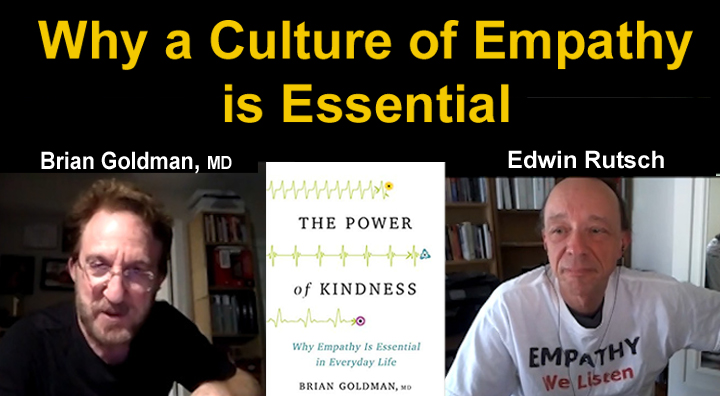
|
|
For more than thirty years, Dr. Brian Goldman has been an active
participant in and keen observer of the culture of modern medicine. Since
2007, he has hosted White Coat, Black Art, a multi-award-winning show on
CBC Radio that reveals what goes on behind a hospital 's sliding doors.
Goldman is
author of:
The Power of Kindness:
Why Empathy Is Essential in Everyday Life.
As a veteran emergency room physician, Dr. Brian Goldman has a
successful career setting broken bones, curing pneumonia, and otherwise
pulling people back from the brink of medical emergency. He always
believed that caring came naturally to physicians. But time, stress,
errors, and heavy expectations left him wondering if he might not be the
same caring doctor he thought he was at the beginning of his career. He
wondered what kindness truly looks like
-
in himself and in others.
How can empathy transform health care?
Empathy is the way that we establish human connections. Without it,
relationships between people are just transactions and devoid of the
emotional warmth and meaning that I think is inherent in the human
condition. If we could put more empathy into health care, it would mean
that patients are more likely to follow the instructions of physicians and
to feel assured that the best is being done for them.
Sub
Conference: Health Care
|
| |
| |
|
I
Will Meet You There
A Practical Guide to Empathy, Mindfulness
and Communication.
Shantigarbha |
|
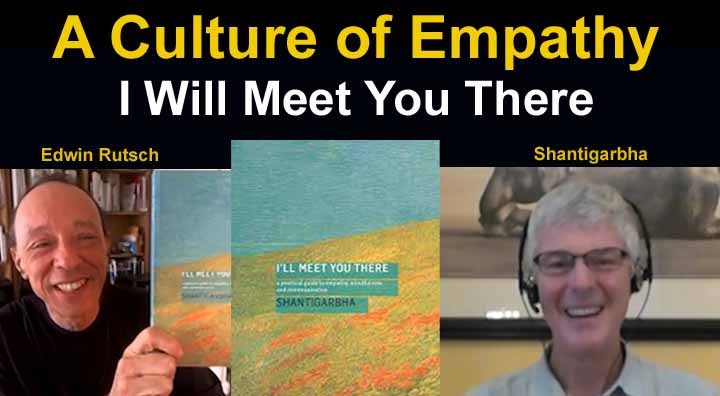 |
|
Shantigarbha is an experienced teacher of both Nonviolent Communication
(NVC) and Buddhism; he is also a member of the Triratna Buddhist Order.
Shantigarbha is an international NVC trainer, certified with the
International Centre for Nonviolent
Communication. He teaches on CNVC's
International Intensive Trainings (IITs), is a CNVC
Assessor-in-training, and serves on the Social Change and Peacemaking
working group. He was given the name Shantigarbha, which means
"seed of peace". He is author of,
I'll Meet You There: A Practical
Guide to Empathy, Mindfulness and Communication.
Empathy is an intuitive body-sense rather that an
intellectual understanding of other people's psychology.
Empathy is appreciating and valuing what is
fundamental to the other person, their deep motivations, their physical
needs, their hopes and dreams. It involved imagining how the other
person might feel in their situation and what is important to them. |
|
|
|
|
|
Empathy Training in Healthcare and Beyond
Elizabeth Morrison |
|
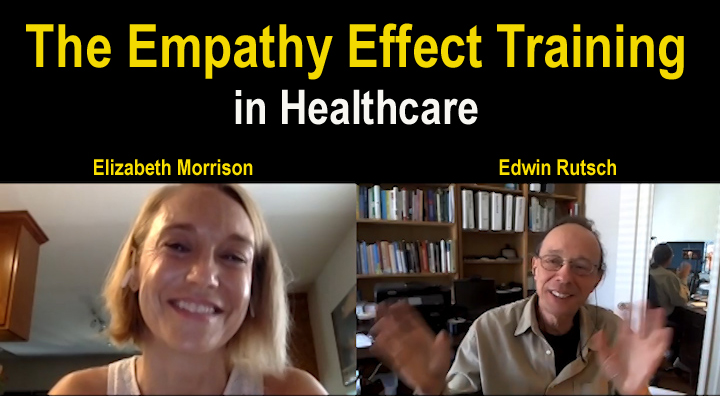
"An accomplished trainer, therapist and consultant, Elizabeth Morrison
specializes in helping health care organizations enhance human connections
in care provision. Her areas of expertise and passion are building
effective and sustainable integrated behavioral health (IBH) services,
developing patient-centered complex care programs, and providing
research-based training in empathetic communication for healthcare
professionals. Originally inspired by Carl Rogers'research
on the primary role of empathy in healing, she uses evidence-based
strategies to design trainings and consultations tailored to meet the
needs of a wide range of organizations." Elizabeth developed the Empathy
Effect Training and curriculum for teaching empathy skills in the
healthcare field with
the
Institute
for Healthcare Communication."
|
|
"Expressions of empathy are the
"secret sauce"
that ensure caregiving encounters are healing and not harmful.
They are essential for building connection and trust, and especially so
for interactions with people who have suffered trauma. Empathy is
universally accessible, free, an effective treatment by itself in many
situations
-
and it has no side effects!"
Empathy Effect
Sub Conference:
Health Care
|
|
|
|
|
|
Compassionate
Connection
The Healing Power of Empathy and Mindful Listening
David Rakel |
|
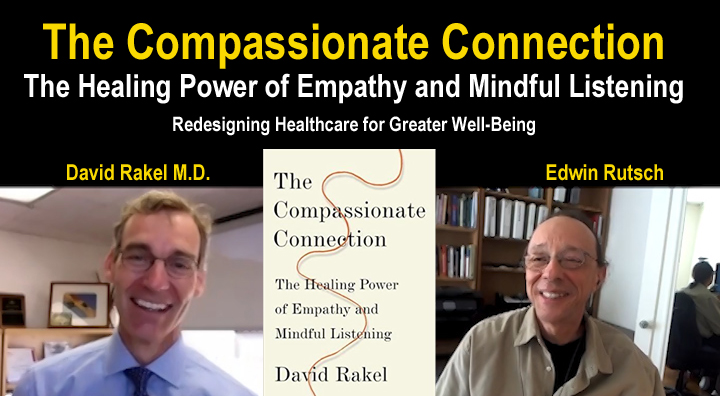 |
|
David Rakel, MD was the founder and director of the University of
Wisconsin Integrative Medicine program and is now Professor and Chair of
the Department of Family & Community Medicine at the University of New
Mexico Medical School in Albuquerque, NM.
|
|
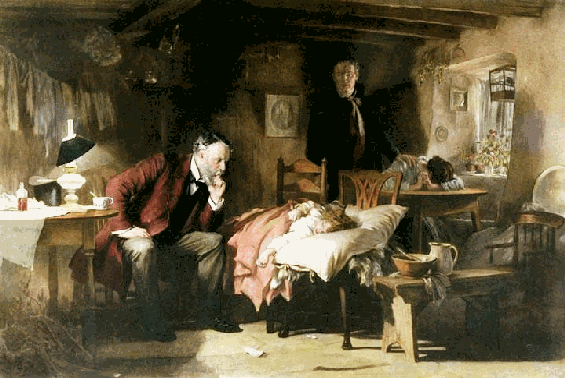
The Doctor by Luke Fildes (Wikipedia)
"I knew that creating connections is what helps me facilitate
healing and also helps me to feel healthy."
Sub Conference:
Health Care
|
|
|
|
|
|
|
|
Developing an Empathic Way
of Being
in Healthcare
Jeremy Howick |
|
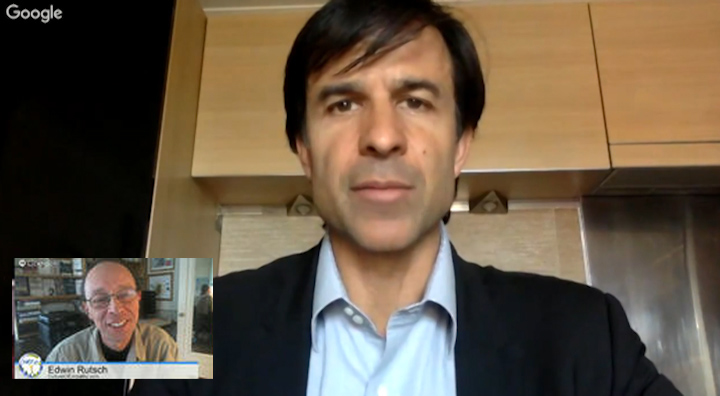
|
|
Jeremy Howick is
senior researcher at the Nuffield Department of Primary Care Health
Services at University of Oxford. His research lies at the crossroads of
philosophy and medicine. His interest in empathetic care grew out of his
interest in placebo effects.
Jeremy is also founder and director of the
The Oxford Empathetic Care
Program.
The Oxford Empathetic Care Programme (OxCare) is an
interdisciplinary research group that includes medical practitioners,
philosophers, psychologists, and sociologists.
Aims:
Promote
the importance of empathy in clinical practice.
This includes empathetic relationships between patients (and their
families) and healthcare practitioners, as well as empathetic
relationships between healthcare systems and patients/practitioners.
Objectives
1. To
develop and maintain a glossary of empathy (and related terms) definitions
2. To maintain a database of key measures of empathy
3. To identify and reduce contextual obstacles to empathy
4. Explore the relationship between evidence-based healthcare and
empathetic healthcare
5. To develop empathy training for healthcare practitioners and healthcare
managers
6. To develop a research program
7. To identify obstacles and facilitators to empathy
8. Explore the relevance of empathy to professional burnout and stress
9. To investigate whether the current model of revalidation is empathetic
10. To investigate how can empathetic care improve value-based healthcare
Sub Conference:
Health Care |
|
|
|
|
|
Designing Cultures of Empathy
Michael Ventura
|
|
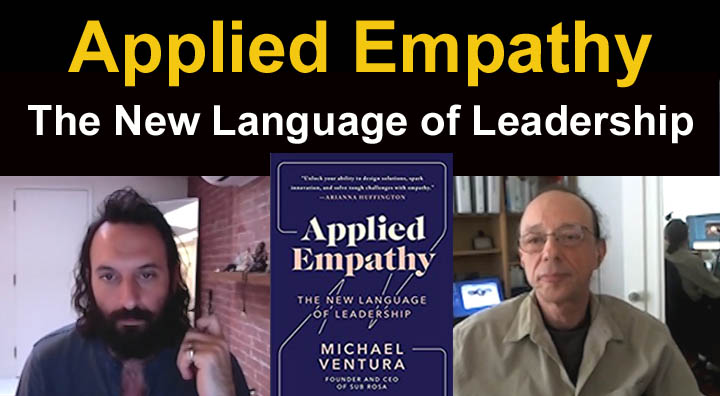 |
|
Michael
Ventura is founder and CEO of Sub Rosa, a strategy and design studio. Sub
Rosa's clients include a variety of Fortune 100 companies, as well as some
of the world's most progressive start-ups. Michael is author of
Applied Empathy: The New Language of Leadership.
Empathy
is not about being nice. It's not about pity or sympathy either. It's about
understanding-your consumers, your colleagues, and yourself-and it's a
direct path to powerful leadership.
As such,
Applied Empathy presents real strategies, based on Sub Rosa's
design work and the popular class Ventura and his team have taught at
Princeton University, on how to make lasting connections and evolve your
business internally (your employees, culture, and product/services) as well
as externally (your brand, consumers, and value).
Quotes from the book.
"With empathy, complex problems become more understandable, teams becomes
more effective, and companies become more nimble."

Les Femmes d'Alger,
Pablo Picasso (Wikipedia)
"Unfortunately, few of us have received a
formal education in empathy, and as adults, we end up intuitively feeling
our way through to solutions based on our prior experience and skills." |
|
|
|
|
|
Listening Well:
The Art of Empathic
Understanding
William R Miller |
|
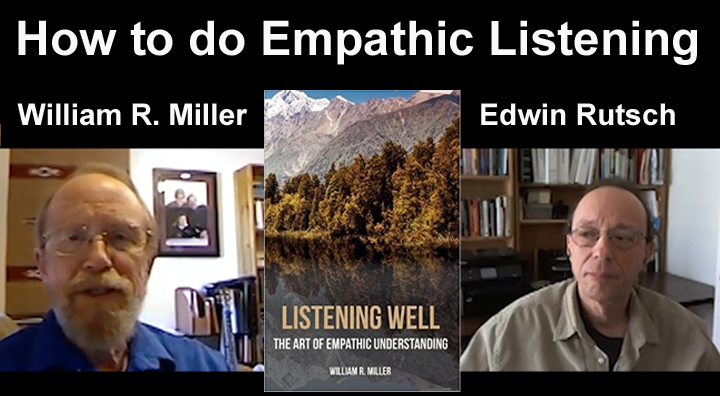 |
|
William R.
Miller is Emeritus Distinguished Professor of Psychology and Psychiatry at
the University of New Mexico, with over forty years of experience in
teaching empathic understanding. He is a co-founder of
motivational interviewing. His many books include; Lovingkindness, Quantum
Change, Motivational Interviewing, and Portals. His latest book is
Listening Well: The Art of Empathic Understanding. In this
interview we talk about his book and how to be a better empathic listener.
|
|
Are you a good listener? How well do you really know the people around you?
A capacity for empathic understanding is hard-wired in our brains, but its
full expression involves particular listening skills that are seldom learned
through ordinary experience.
Through clear explanation, specific examples, and
practical exercises, Dr. Miller offers a step-by-step process for developing
your skillfulness in empathic listening. Empathic understanding can help
to deepen personal relationships, alleviate conflict, communicate across
differences, and promote positive change.
|
|
|
|
|
|
|
|
Pursuing an Ethic of
Empathy in Journalism
Janet Blank-Libra |
|
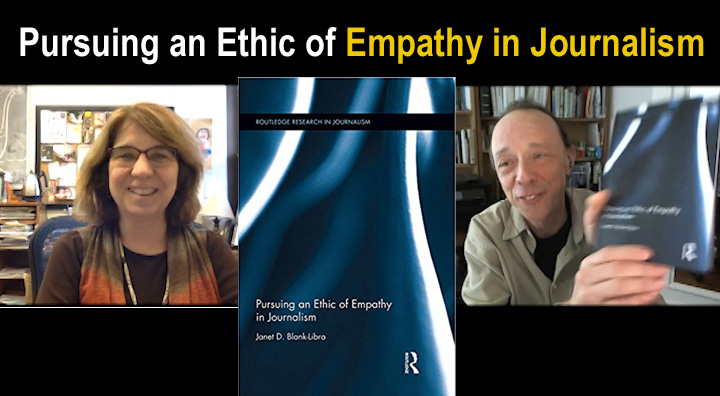 |
|
Janet Blank-Libra teaches courses in journalism as well as
foundational courses in composition and literature at Augustana
University, Sioux Falls, South Dakota. She also regularly teaches courses
in literary journalism and creative nonfiction. Janet is the author of
Pursuing an Ethic of Empathy in Journalism. This book advances a
journalistic theory of empathy, challenging long-held notions about how
best to do journalism based only on "objectivity". Because the institution
of journalism has typically equated empathy and compassion with bias, it
has been slow to give the intelligence of the emotions a legitimate place
in the reporting and writing process.
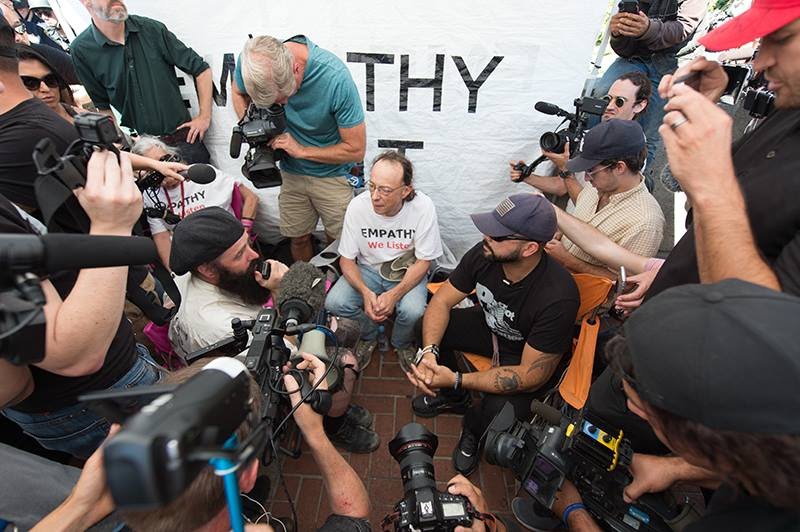
"When journalists practice an ethic of empathy and
compassion, they do not forfeit their objectivity. Empathy seeks to
understand the other, not produce agreement with the other. For this
reason, empathy compels fair treatment of all sources. Just as one should
empathize with the poor person, he or she should empathize with the public
official."
Sub Conference:
Journalism and Media
|
|
|
|
|
|
|
|
Day Of Empathy
crime hurts, justice should heal
Jessica Jackson Sloan
|
|
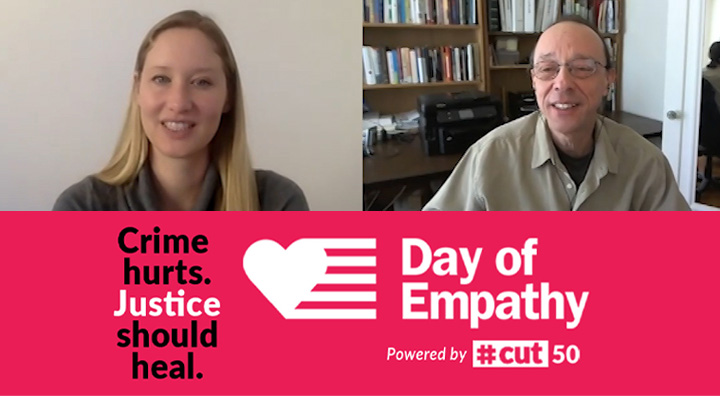 |
|
Jessica Jackson Sloan is a human rights attorney, the National
Director & Co-Founder with Van Jones of an organization called
#Cut50, which is a national bipartisan effort aimed at reducing America's
incarceration rate.
She also serves as the Mayor of Mill Valley, California.
#Cut50
organizes the Day of Empathy in the
first week of March. To cultivate empathy and empower partners and
activists, #cut50 provided content that would help build understanding for
the experiences of incarcerated people and victims of crime. |
|
Take the Pledge to Choose Empathy
Empathy is, at its simplest, the ability to understand and be aware of the
feelings and thoughts of other people, so much that you actually
co-experience them. Empathy is one of the most important aspects of
cultivating harmonious relationships, enhancing emotional awareness, and
reducing harm
-
yet it can be complicated at times. Threatened by judgment
and fear, we risk opportunities to connect to do good for all.
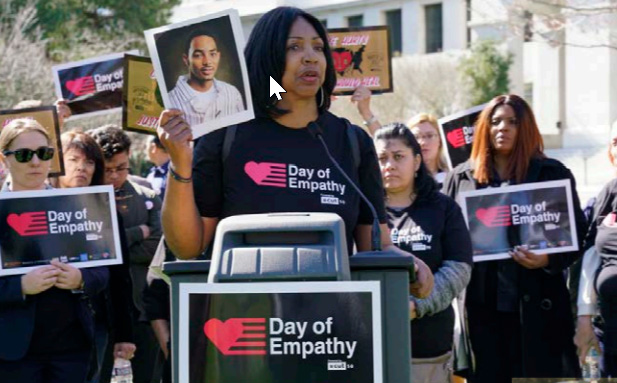
With empathy, understanding, and love, we can build the
political will needed to rectify the damage caused by the incarceration
industry on individuals, families, and our society.
|
|
|
|
|
|
|
|
Free Speech, The
Empathy Tent, and
Constructive Dialogue
By Lou Zweier, Dave Gottfried and Edwin Rutsch |
|
What is the meaning of
"Free Speech" if people don't
listen to each other? We hear from all sides and every quarter that there is a
need for constructive dialogue on so many critical issues; for people who
disagree to start listening to each other. We strongly agree, and we have been
passionately pursuing creating space for such dialogues both face-to-face and
online. We also see that many are afraid to engage in dialogue on emotionally
charged topics because of where things might lead. This is as true at public
protests as it is in homes and community meetings. How do we think about and
discuss these kinds of issues constructively? How might we do this without
dehumanizing each other and scapegoating? How might we begin to hear each
other and empathize even if we don't agree?
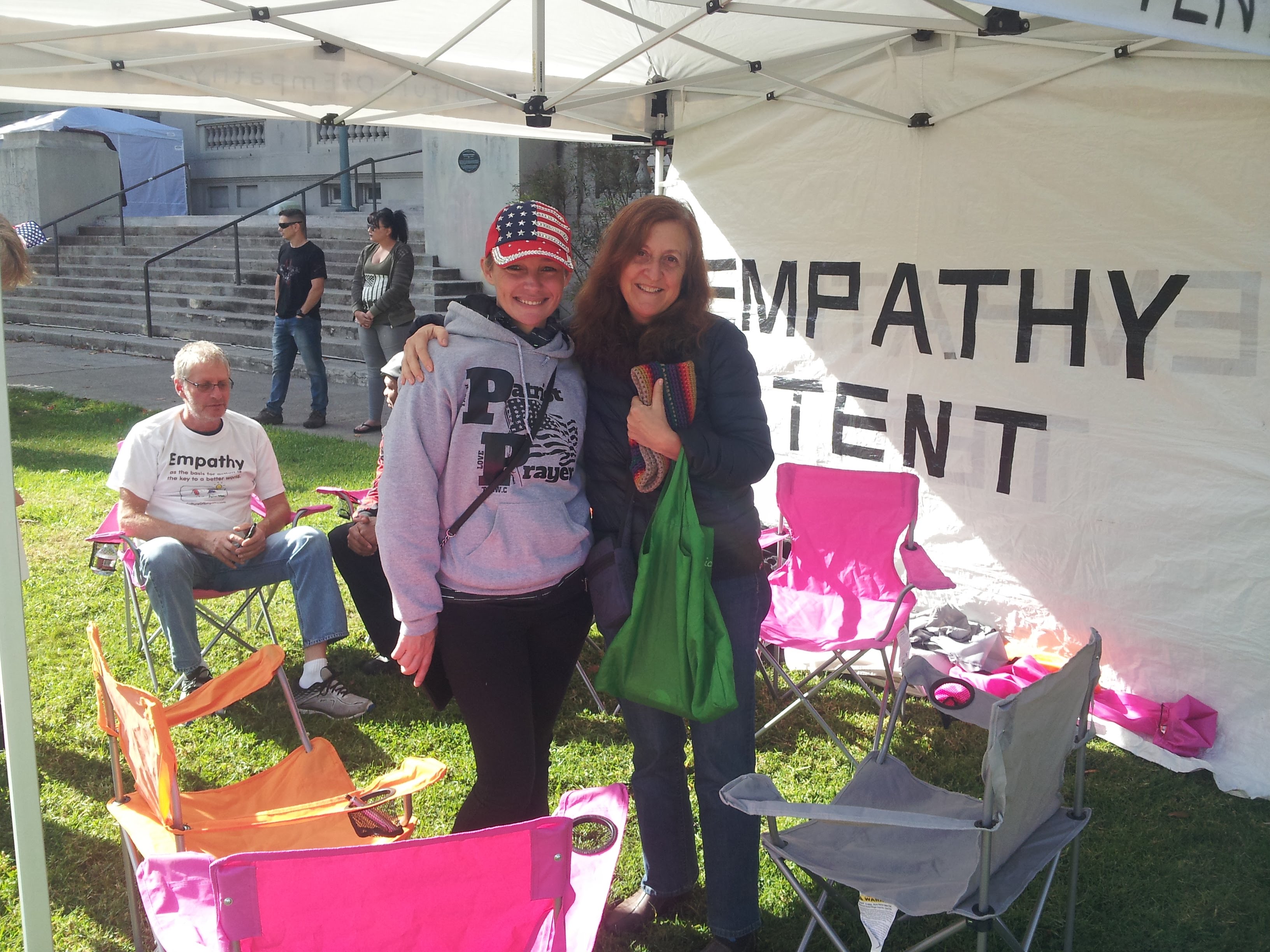
A conservative and a Berkeley progressive hug after taking part in
an
Empathy
Circle dialogue about gun control.
As an example, a Jewish member of our team participated in
dialogue with members of Identity Evropa, a white supremacist group. When one
of them asked
"what is Nazism anyway" the Jewish
speaker responded
"For me Nazism means that half my extended family was
killed, that my father at age 10 and his immediate family were forced to flee
Austria, and that the surviving members of my family are now spread all
over the world".
|
|
|
|
|
|
|
|
Importance of Empathy in the
'Google Memo',
James Damore - Fired Google Engineer
James Damore, Edwin Rutsch,
Lou Zweier,
Indi Young |
|
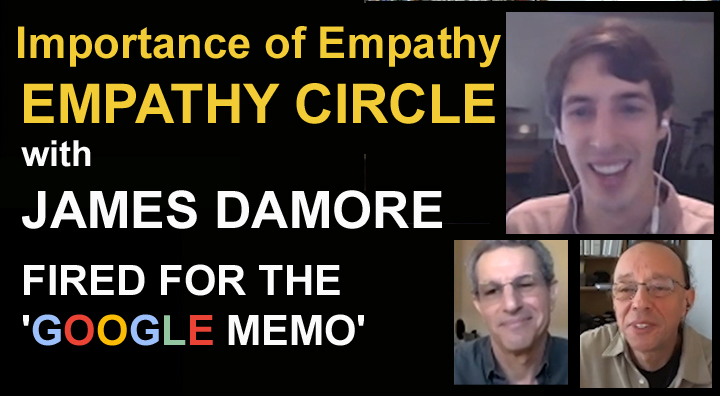 |
|
We hold a Empathy Dialogue Circle with James Damore, fired
Google Senior Software Engineer and author of the 'Google Memo' to find
out.
In his memo, James had called for de-empathizing
empathy. In this dialog we talk about the nature and benefits of Empathy.
For this discussion, we use the Empathy Circle, a structured process for
inclusive, effective and constructive dialogue that allows everyone to be
heard to their satisfaction. |
|
|
|
|
The Vision of a
Culture of Empathy
John Kinyon
|
|
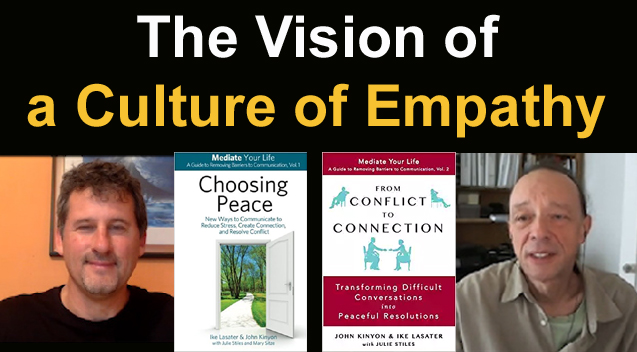 |
|
John Kinyon
provides training, coaching, and facilitation/mediation around the U.S.
and around the world. He is a speaker and author, and has helped people
resolve conflicts peacefully and collaboratively for over two decades.
John is co-developer and founder of the Mediate Your Life training
program, and worked closely for over a decade with Marshall Rosenberg,
founder of the international work of Nonviolent Communication.
What does that mean to have a culture of empathy?
I see it as skills, so that empathy is not just an ability to just sort of
sense the emotions and that commonality with others, but to actually have
the skills in communications to create that sort of empathic understanding
and connection. But not just that but also to be able to use that when
conflict occurs, to have difficult conversations.
"I see that there are 4 responses to fear,
they are fight,
flight, freeze, or empathy."
|
|
|
|
|
|
|
|
Bridging
Empathy Walls
Arlie Hochschild |
|
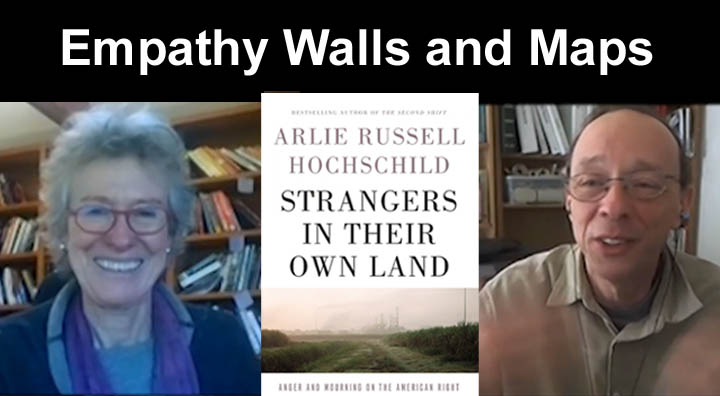
|
|
Arlie
Hochschild is an American sociologist and academic. She is professor
emerita of sociology at the University of California, Berkeley. Hochschild
has long focused on the human emotions which underlie moral beliefs,
practices, and social life generally. Arlie is author of:
Strangers in Their Own Land: Anger and Mourning on the American Right.
Publisher's Weekly notes:
"After evaluating her conclusions and meeting her informants in these
pages, it's hard to disagree that empathy is the best solution to stymied
political and social discourse."

Berlin Wall, by Thierry Noir
"An empathy wall is an obstacle to deep understanding of
another person, one that can make us feel indifferent or even hostile to
those who hold different beliefs or whose childhood is rooted in different
circumstances."
"We, on both sides, wrongly imagine that empathy with the "other" side
brings an end to clearheaded analysis when, in truth, it's on the other
side of that bridge that the most important analysis can begin."
"We are all the surveyors, drafters, and followers of "empathy maps" which
show us whom and whom not to empathize with. Just as political maps can be
drawn and redrawn, so too can empathy maps - depending on the interplay of
gender, race, class, and nationality." |
|
|
|
|
|
|
|
The
Empath's Survival Guide
Judith Orloff & Edwin Rutsch |
|
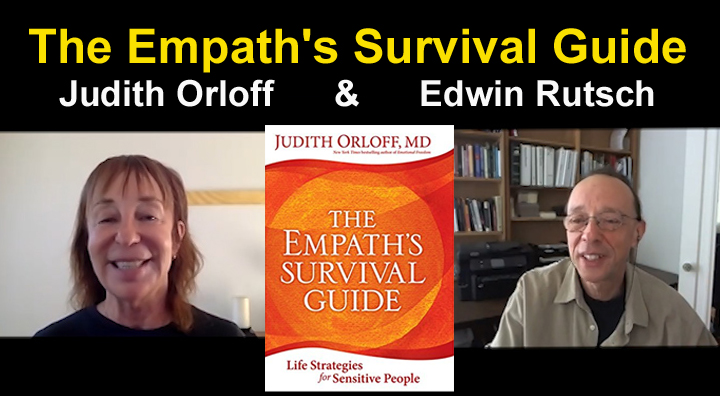
Judith Orloff, MD is an Assistant Clinical Professor of Psychiatry at UCLA,
has helped patients find emotional freedom for over 20 years. She synthesizes
the pearls of traditional medicine with cutting edge knowledge of intuition,
energy, and spirituality to achieve physical and emotional healing. She is the
author of
The Empath's Survival Guide: Life Strategies for Sensitive People.
"Having empathy means our heart goes out
to another person in joy or pain,"
"Energy doesn't lie.
Keep sensing it, trusting it, letting it liberate you."
Sub Conference:
Empaths |
|
|
|
|
|
|
|
How Might We Build a More Empathic Culture?
Personal Theology: Unitarian Universalist Church of Berkeley
Edwin Rutsch |
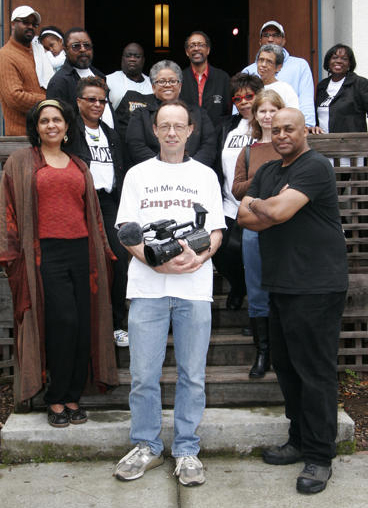 |
Edwin Rutsch is the founding director of the Center for Building a Culture
of Empathy and the founder of the International Empathy Trainers
Association. The center's website, CultureOfEmpathy.com, is
the internet's most comprehensive portal for empathy-related material,
including interviews with over 300 experts on the topic.
He is a world traveler, a "seeker," a documentary filmmaker and has worked
in the computer technology field. In his travels, he has interacted with a
wide variety of cultures and peoples from all walks of life and learned to
see and feel the common humanity of all people on the planet.
|
| |
| |
|
True Stories
About The Healing Power of Empathy
Mary Goyer |
|
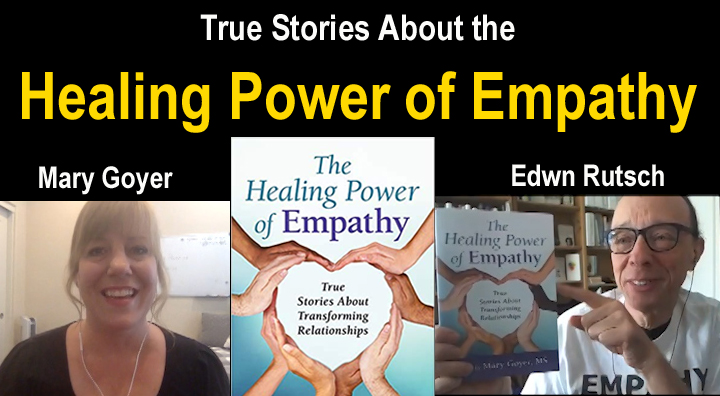 |
|
Mary Goyer is Holistic Counselor, Trauma Specialist, & Executive
Coach. She supports organizations in cultivating innovative, collaborative, and
productive work cultures. Individual coaching and team trainings focus on
peak performance, conflict resolution, effective collaborative and
feedback skills, and managing personality challenges that impede employee
engagement. She is editor of:
The Healing Power of Empathy: True Stories About Transforming
Relationships. |
|
"Empathy is an essential leadership skill and a
cornerstone of good relationships - but it can be hard to access when it's
most needed. Luckily, empathy is also a learnable skill. With mindfulness,
empathy has deescalated conflicts, combated loneliness, and built human
connections in the most unlikely places."

The Boyhood of Raleigh by Sir John Everett Millais
"What a difference it makes when a dash of empathy
is added into tense or important conversations
of every magnitude."
Sub Conference: NVC |
|
|
|
|
|
|
|
Empathy
Stories: Heart, Connection, & Inspiration
Mary Goyer |
|
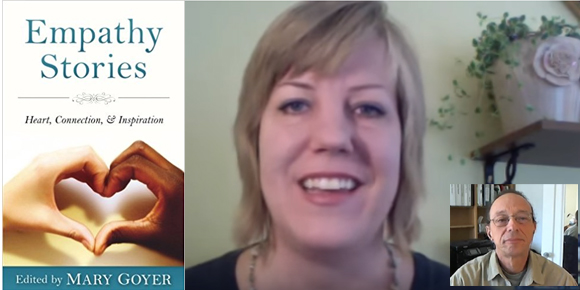 |
|
Mary Goyer is Holistic Counselor, Trauma Specialist, & Executive Coach.
She supports organizations in cultivating innovative, collaborative, and
productive work cultures. Individual coaching and team trainings focus on
peak performance, conflict resolution, effective collaborative and
feedback skills, and managing personality challenges that impede employee
engagement.
She is editor of:
Empathy Stories: Heart, Connection, & Inspiration.
Empathy Stories is a collection of uplifting stories and anecdotes
highlighting empathy-in-action in real conversations. These stories show
what's possible when compassion comes first between family, co-workers,
and perfect strangers in difficult - even life threatening - interactions.
In Empathy Stories: Heart, Connection, & Inspiration, Mary Goyer invites
over thirty communication experts to share their most teachable stories
showcasing how simple and powerful true empathy is.
|
|
"What a difference it makes when a dash of empathy
is added into tense or important conversations
of every magnitude."

The Boyhood of Raleigh by Sir John Everett Millais |
|
|
|
|
|
|
|
Empathy and the
Danish Way of Parenting
Jessica
Joelle
Alexander |
|
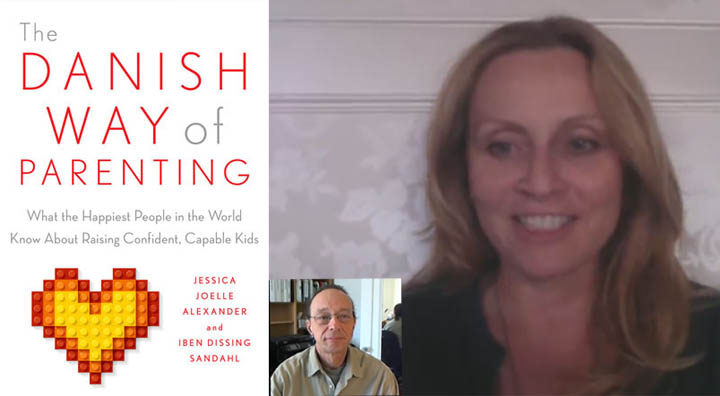 |
|
Jessica Alexander is an American expat, author, columnist and cultural
trainer. She graduated with a BS in a psychology and went on to teach
communication and writing skills in Scandinavia and central Europe.
Married to a Dane for 13 years, she lives in Rome with her husband and two
children, Sophia and Sebastian. She is the co-author of
The Danish Way of Parenting; What the Happiest People in the World Know
About Raising Confident, Capable Kids.
|
|
"The
Danes'
highly developed sense of empathy is one of the main reasons that Denmark
is consistently voted one of the happiest countries in the world (this
year it is once again number one). Empathy plays a key role in improving
our social connections, which is a major factor in our overall happiness."
|
|
|
|
|
|
|
|
Stress Solution: Using Empathy to Reduce
Stress,
Anxiety, Fear
and Develop
Resilience
Arthur Ciaramicoli |
|
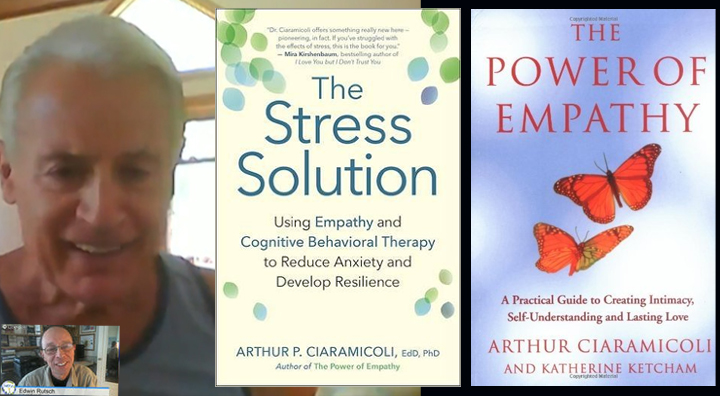
|
|
Arthur P. Ciaramicoli is a licensed clinical psychologist. He is the
author of
The Stress Solution: Using Empathy and Cognitive Behavioral Therapy
to Reduce Anxiety and Develop Resilience and
The Power of Empathy: A Practical Guide to Creating
Intimacy, Self-understanding and Lasting Love.
He has been treating clients for
more than 35 years. Arthur is a member of the American Psychological
Association and the Massachusetts Psychological Association. Currently in
private practice, he has been on the faculty of Harvard Medical School for
several years and a lecturer for the American Cancer Society.
"Empathy calms the emotional brain so that we can perceive situations and
interactions accurately and thoughtfully. With empathy, we produce our own
natural stress-reducing chemicals that create calm, focused energy,
allowing us to do and be our best."
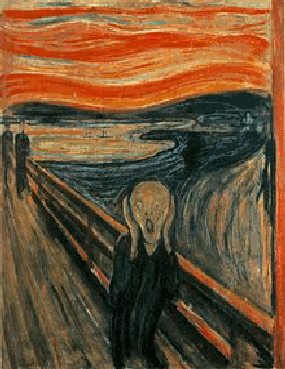
The Scream -
Edvard
Munch
"Positive relationships and involvement in meaningful group
experiences create resilience and lessen stress. Such experiences
stimulate the release of oxytocin, the compassion hormone. This hormone
produces feelings of security and calm and inhibits stress and anxiety:
thus it protects us against the release of cortisol.... while cortisol
make us fearful, oxytocin makes us feel comfortable, secure, and in a
position to give and receive empathy... The good news is that we can
produce this effect with practice by expanding our abilities to
communicate with empathy." |
|
|
|
|
|
|
|
Developing an Empathic Way of Being
with Emotion-Focused
Therapy
Robert Elliott |
|
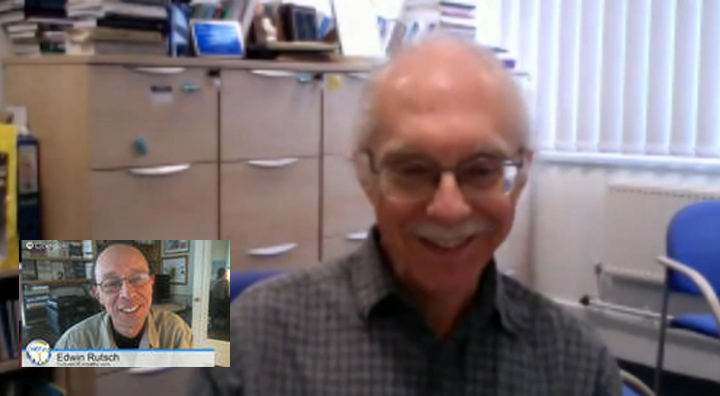
|
|
Robert Elliott is Professor of Counselling in the Counselling Unit at the
University of Strathclyde, where he directs its research clinic and
teaches counselling research and emotion-focused therapy. A professor
Emeritus of Psychology at the University of Toledo (Ohio), he is co-author
of several books.
He previously co-edited Psychotherapy Research, and Person-Centered
Counseling and Psychotherapies, and is a Fellow in the Divisions of
Humanistic Psychology, Psychotherapy, and Clinical Psychology of the
American Psychological Association. He also teaches workshops about
empathy around the world.
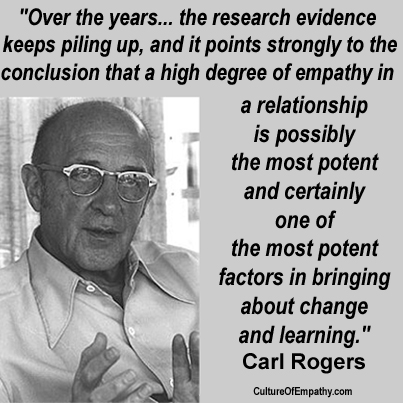
"Psychotherapist empathy has had a long and sometimes
stormy history in psychotherapy. Proposed and codified by Rogers and his
followers in the 1940's and 1950's, it was put forward as the foundation
of helping skills training popularized in the 1960's and early 1970's."
Sub Conferences:
Science
|
|
|
|
|
|
|
|
Is Empathy
Our Most Dangerous and
Self-Indulgent Emotion?
Danny Penman |
|
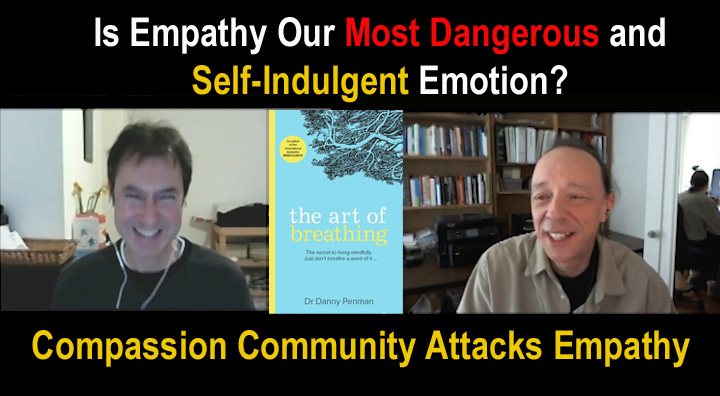
|
|
Danny Penman is a journalist and
author. He has worked for the BBC and "The Independent" and is a feature
and comment writer for the "London Daily Mail". He holds a PhD in
biochemistry and a postgraduate diploma in newspaper journalism. He
is author and coauthor of several books on Mindfulness including,
"Mindfulness: An Eight-Week Plan to Finding Peace in a Frantic World" and
"The Art of Breathing." He wrote an article which was critical of empathy
entitled,
Empathy Our Most Dangerous and Self-Indulgent Emotion? We dialogue
with Danny about his article. He writes;
Empathy is, in some ways, a necessary precursor to compassion. It provides
the motivational force to actually relieve another 's distress. But it can
also be a
'negative'
or even a coercive emotion because it is ethically
neutral...
So empathy alone can be quite dangerous (and arguably a
little self-indulgent). To my mind, empathy carries with it a slight tinge
of entertainment or even voyeurism...
We might learn to deal with them with intelligence and compassion, rather
than risk making them worse with empathy... |
|
|
|
|
|
From
Command to Empathy
Suman Ghose |
|
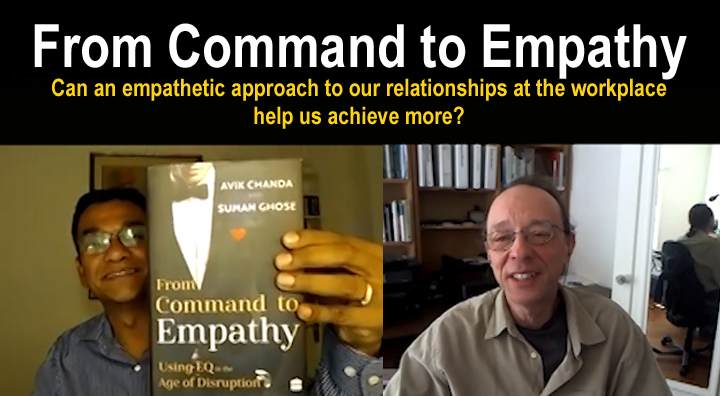 |
|
Suman Ghose holds an undergraduate degree from Indian Institute
of Technology, Kharagpur & an MBA from Indian Institute of Management,
Bangalore.
He has 22+ years'
corporate work experience in some of the world's top
multinational companies such as Cadbury's, Intel, Philips and PwC.
Suman's focus areas are Leadership Development, Creative Problem Solving
(including Decision Making & Cognitive Biases), Design Thinking (trained
on Stanford D-school's methodology) & Emotional Intelligence (Personal and
Social Competence).
He is co-author of
From Command to Empathy: Using EQ in the Age of Disruption.
In a world characterized by
globalization and rapidly evolving technology, change is a given. The
primary workforce is evolving and is now dominated by millennia's who
seek purpose and empathy
-
a phenomenon that
top management grapples with.
Sub Conference:
Workplace |
Blog Roll Continued: Previous <
7 > Next
<Home> < 8 > <
7 > < 6 > <
5
>
< 4 >
< 3 > <
2 > <
1 >
|
|